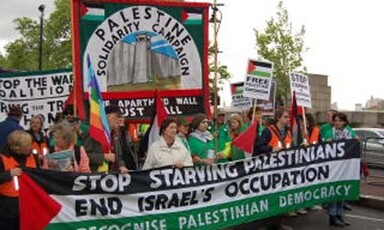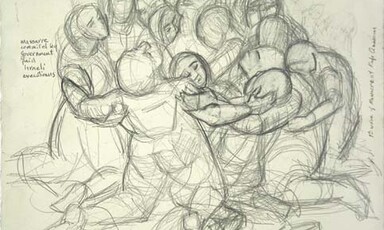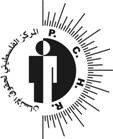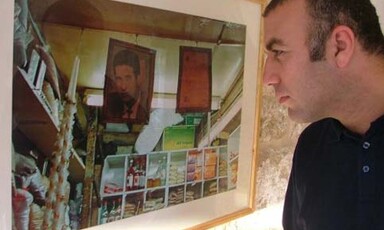
How Olmert conned Washington over convergence
1 June 2006
Israelis have a word for it: “hasbara”. It is often misleadingly translated as “advocacy for Israel”. But what the word signifies more deeply for Israel’s supporters is the duty, when the truth would be damaging, to dissemble or to disseminate misinformation to protect the interests of Israel as a Jewish state — that is, a state with an unassailable Jewish majority. If hasbara is expected of the lowliest members of Israel’s international fan club, it is a duty of the first order for the country’s prime minister. Read more about How Olmert conned Washington over convergence








